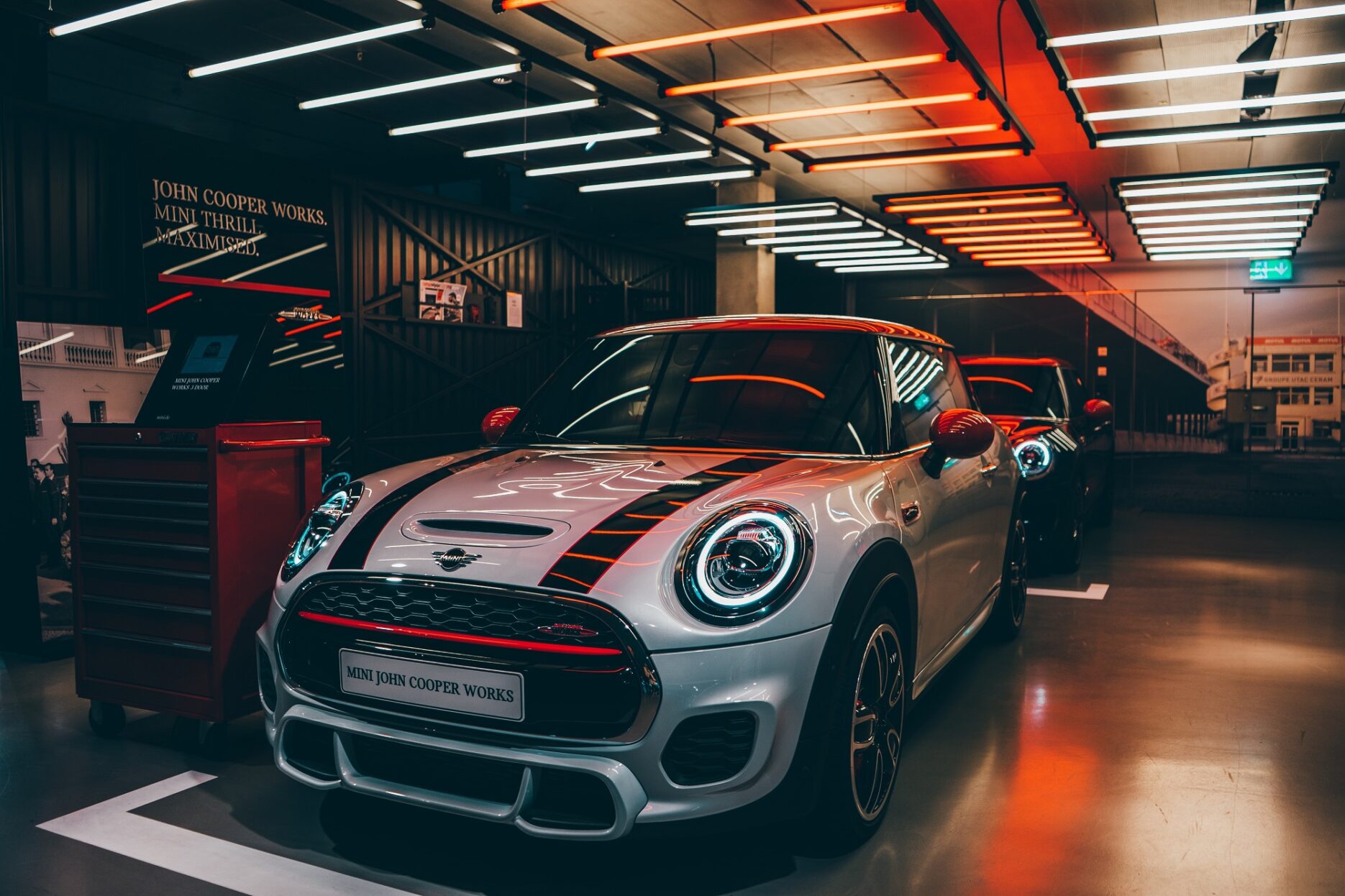Farewell Plant Oxford, the birthplace of BMW’s Minis where the first batch rolled off the production line in 1959. And now it’s “Hello” China, where the manufacturing of the two most popular EV models including the electric hatchback and small SUV Minis will be commerce by the end of 2023. However, despite the move, Plant Oxford will remain “at the heart of Mini production”, a spokesperson for the German luxury automaker asserted.
The move occurred because “the Cowley plant in Oxford was running inefficiently by having to produce electric and petrol cars on the same line”, explained Stefanie Wurst, head of Mini in an interview with the Guardian, “Oxford is not geared up for electric vehicles. It will need renovation and investment,” added Wurst.
China currently shows dominance in the world’s EV market with the country contributing 53% of global electric vehicle sales in 2021.
The inadequacy of its home factory is coupled with the global semiconductor chip shortage that has been hard-hitting for the automotive industry since last year, and resulted in the “temporary suspension” of Mini production in February, after several shutdowns in 2021 due to the same issue.
So, has BMW found the answer to its EV line challenges in China? Given China’s current dominance in the world’s EV market with the country contributing 53% of global electric vehicle sales in 2021. These products continue to be all the rage with China’s EV sector clocking up 4.71 million and 4.56 million units respectively in output and sales over the past three quarters in 2022, surpassing 2021’s total-year records. This momentum is coupled with the government’s carbon neutral pledge which favours the EV industry, the Chinese market seems to be the key to Mini’s global strategy.
With the EV market burgeoning, concerns have been raised following the “unprecedented” ban on chips and relevant products sold to China, as introduced by the Biden administration earlier in October, which has furthered the global chip crisis and debilitated China in the process.
“The chip ban will have an immediate impact on the autonomous drive and AI-enabled functions.”
Yu (Frank) Du
However, analysts believe the EV industry is unlikely to be affected as the US ban is mainly expected to stunt China’s military and quantum computing sectors with curbs on advanced semiconductor technology, as observed by Yu (Frank) Du, China Research Lead at Rho Motion, a London-based EV market intelligence consultancy.
“However, the chip ban will have an immediate impact on the autonomous drive and AI-enabled functions. For the EV industry, the real question is: will the US ban chip exports to China 100%? Personally, I believe the possibility is low. China imported chips valued at about $400 billion in 2021, a new record in history. US chip makers simply cannot find an alternative buyer like China in the world at the moment,” Du told Dao Insights.
Right before the announcement of Mini’s relocation, BMW teased the world’s biggest EV buyer by bringing an Asian market debut of its first pure electric crossover concept car, the Mini Concept Aceman to China’s metropolis of Shanghai in September. The new model showcased the world’s first circular OLED central display which allows gesture controls, enabling an interactive and playful digital onboarding environment while also showing the brand’s commitment to levelling up EV products through forward-thinking technologies. However, a restricted high-end chip supply would turn the screw on the production and development of these new features.
BMW has long been paving a way for the big move.
Nevertheless, BMW has long been paving a way for the big move. Since as early as 2018, BMW Group signed a joint venture with the Chinese automotive manufacturer Great Wall Motor, giving birth to the “Spotlight Automotive Limited” project. A total investment of 5.1 billion RMB ($704 million) was injected into building a facility in Zhangjiagang, Jiangsu province which is set to churn out an annual production capacity of 160,000 units upon its expected completion in 2022.
“BMW has deep roots in China’s automotive industry and has made significant investments,” Du continued, “the group is expected to further invest in its only overseas battery R&D and production centre in China…In terms of competition against China’s OEMs (Original Equipment Manufacturers), the BMW brand is favoured by Chinese consumers thanks to its tailored strategies for the market. Therefore, BMW definitely stands a chance in the highly competitive Chinese EV market.”
“Mini’s relocation is a result of careful consideration by BMW rather than a random move to reduce electricity bills. Cost efficiency is very important for the brand. Thus, it is logical for BMW to relocate Mini’s production and leverage the mature EV supply chain in China,” Du added.









